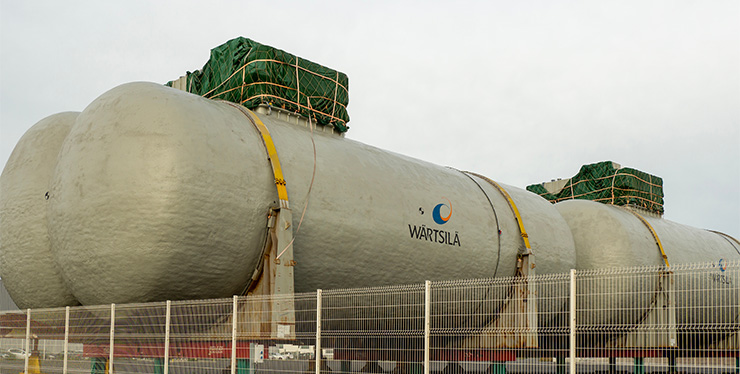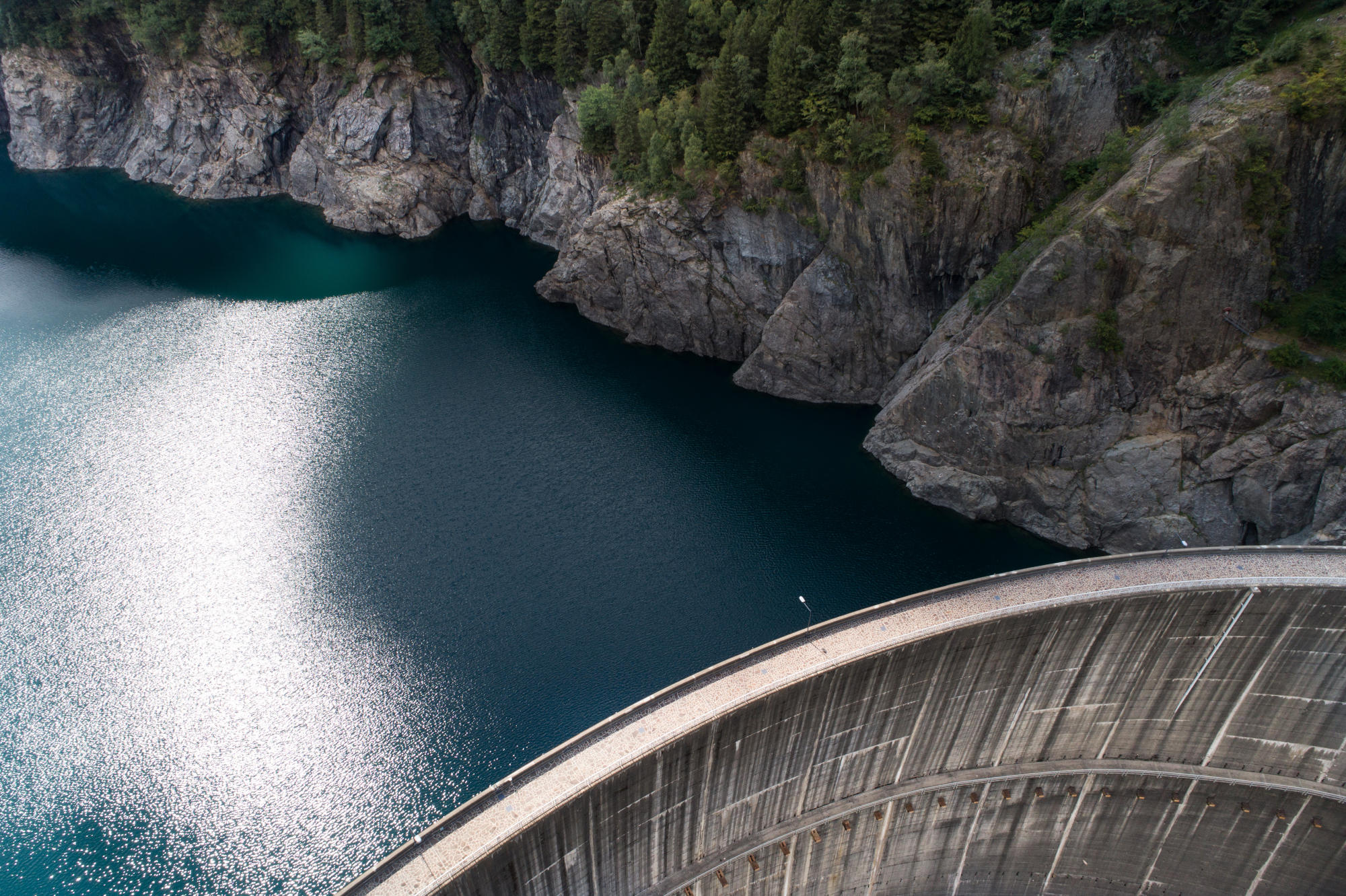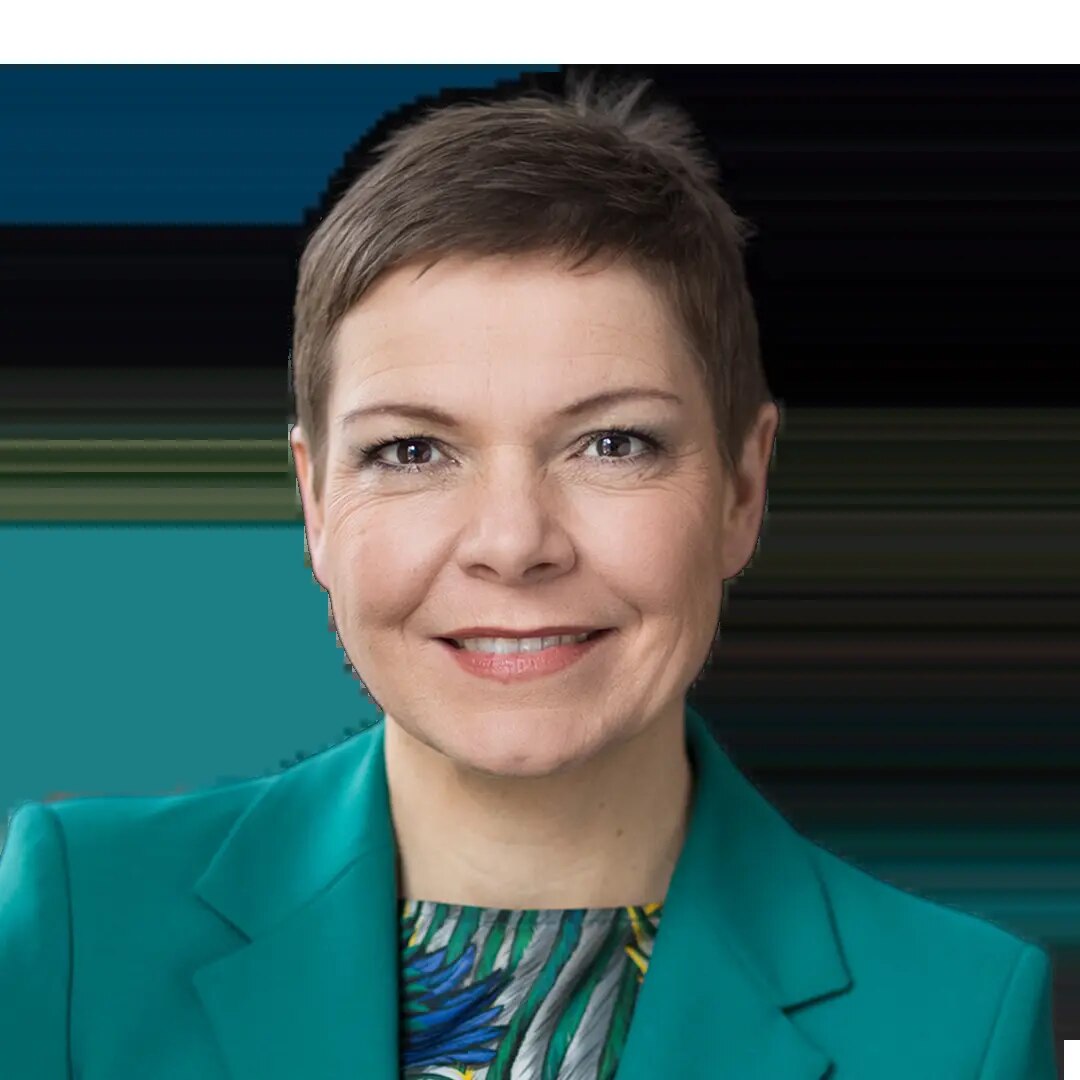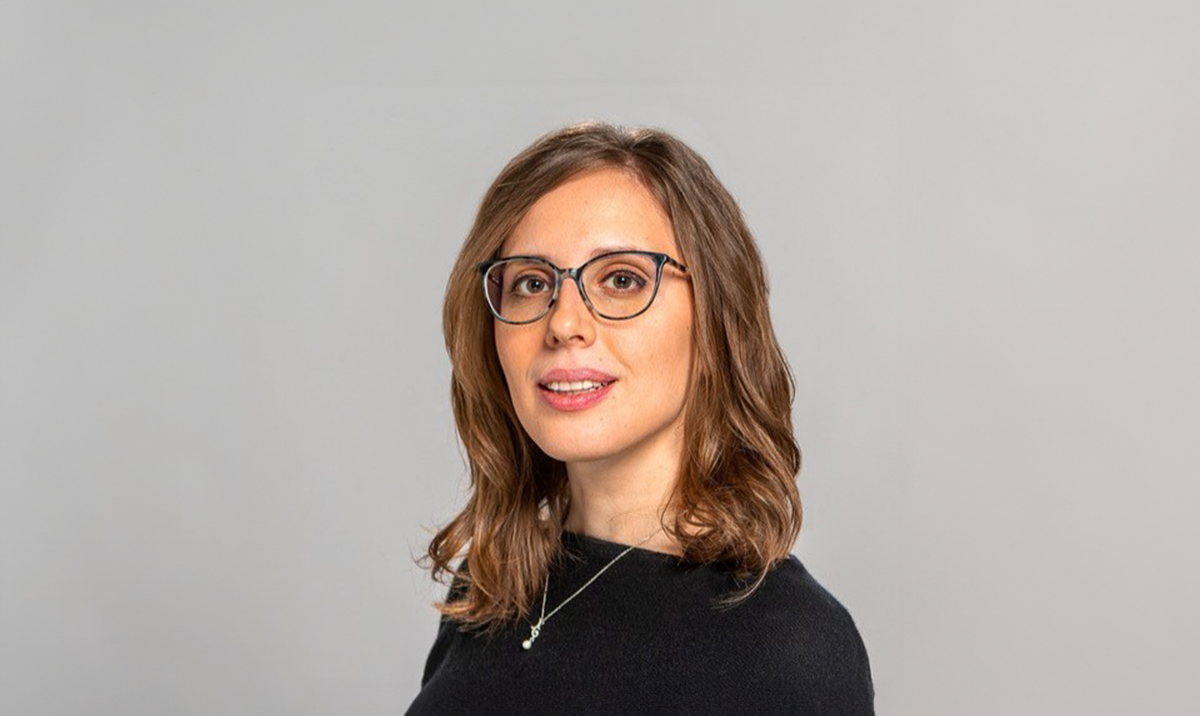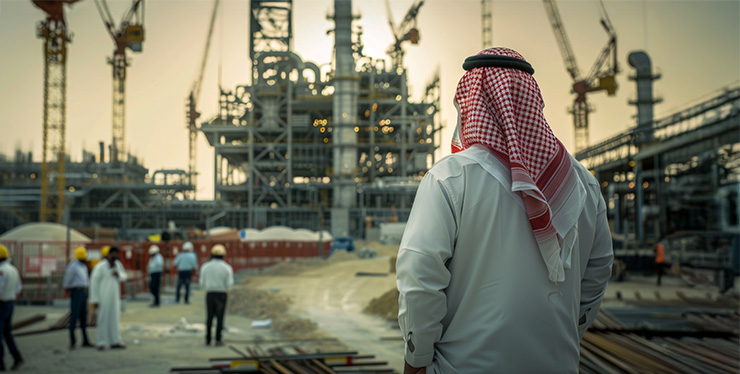The solution: Activating culture and partnerships to power the transition
For Kanngiesser, leading Alpiq’s sustainability transformation isn’t about sweeping reinvention; it’s about reorientation. Rather than trying to erase the company’s legacy, she is reconfiguring it to meet the demands of a net-zero future.
The key to unlocking this transition? Embedding a clear sense of purpose into the culture and connecting it across every layer of the business.
Kanngiesser began by anchoring Alpiq’s strategy in a new corporate purpose, which is summed up in the tagline “Together for a better climate and improved security of supply.” With this purpose, Alpiq consciously embraces the tension between climate-friendly behavior and the requirements of security of supply, which is traditionally guaranteed by fossil energy but shall increasingly be assumed by renewable energy and carbon-neutral flexibility. This sums up the backbone of decision-making, shaping priorities from capital allocation to customer relationships. The goal was to make sustainability something tangible, not abstract; actionable, not aspirational.
Internally, she focused on building alignment through trust. In Europe, Alpiq is a smaller player in a sector where giants dominate on scale and price. But for Kanngiesser, that’s not the point. “We can’t compete on cost,” she says. “But we can compete on talent and culture.” She sees culture as a competitive asset, one that, if activated well, can become a force multiplier for transformation.
Following the implementation of a new Steering approach, shifting from divisions to Alpiq’s value chain, cross-functional working groups were launched to bridge gaps between business units. New formats encouraged teams to explore how their day-to-day decisions could contribute to decarbonization. Training and development sessions reframed topics like energy storage, hydrogen, and emissions reporting not as compliance issues but as innovation opportunities. Employees began to see themselves not just as operators of legacy infrastructure, but as stewards of the energy transition.
At the same time, Kanngiesser knew Alpiq couldn’t drive change alone. A small company in a complex, regulated industry needs partnerships to thrive. Under her leadership, Alpiq began actively engaging with competitors, policymakers, authorities, and system operators to push for collaboration on the systemic question of renewable integration via flexibility. This also means developing solutions such as green hydrogen and batteries to enhance supply security, especially during winter, alongside promoting alpine PV, hydropower, and cross-border energy trading, while also addressing climate challenges like water scarcity and flooding.
These alliances aren’t about branding; they are about building coalitions that can shift the system. Whether promoting hydrogen development in Switzerland, France, Spain, and Finland or advocating for a more nuanced view of Swiss energy assets in Brussels, Alpiq started showing up differently: not just as an energy provider, but as a strategic partner in shaping the low-carbon future.
This dual track – internal alignment and external collaboration – has allowed Alpiq to move forward without overpromising. The company isn’t pretending the road to net zero will be smooth. But it’s making space for difficult trade-offs, balancing realism with ambition.
“Especially with infrastructure, you can’t have overnight transitions,” Kanngiesser reflects, “But you can have direction. You can commit. And you can bring people with you.”
